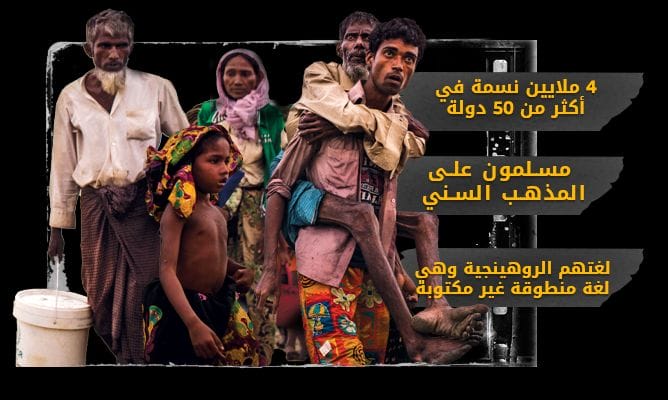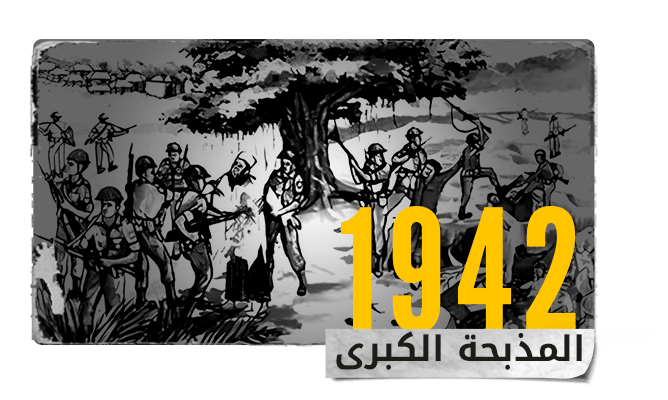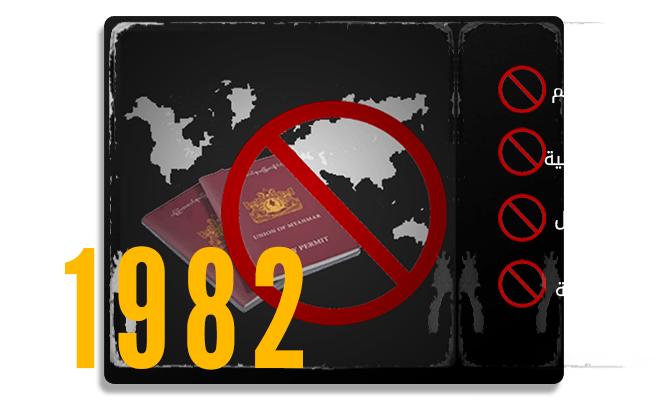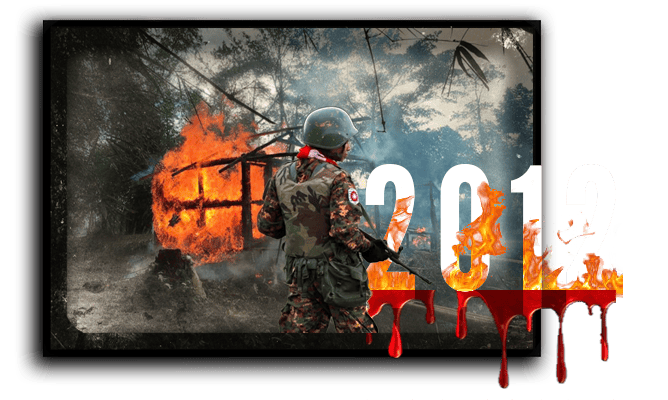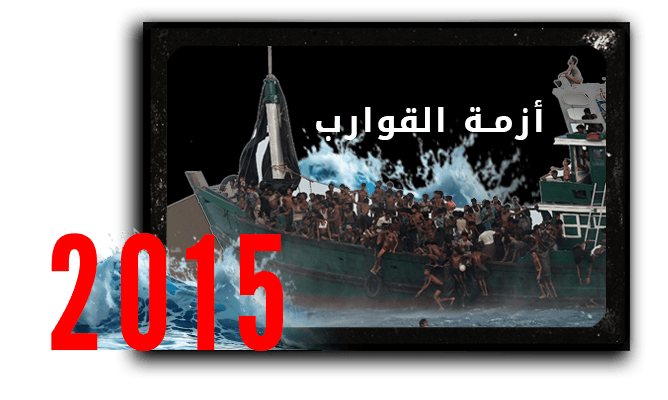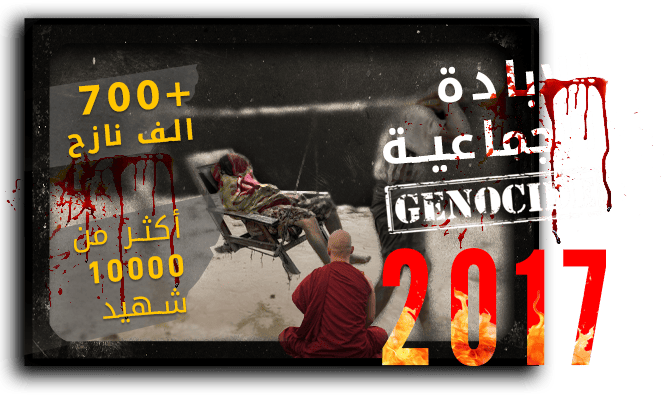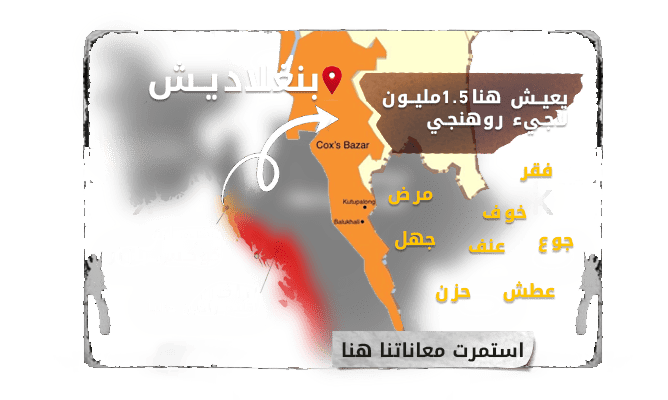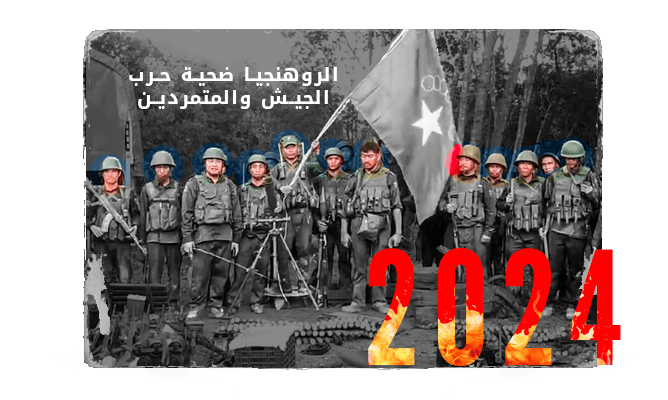
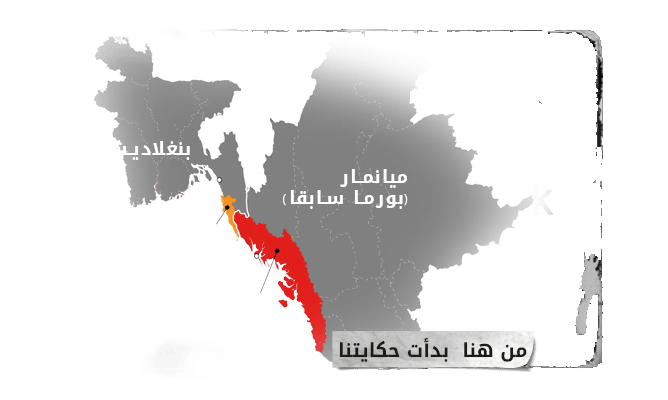
The Rohingya are a Muslim ethnic and religious minority group living primarily in the Arakan (Rakhine) State of Myanmar (formerly Burma). They speak an unwritten spoken language and face systemic ethnic and religious discrimination and persecution by the Myanmar authorities and the Buddhist majority. The United Nations has described them as one of the most persecuted minorities in the world.
